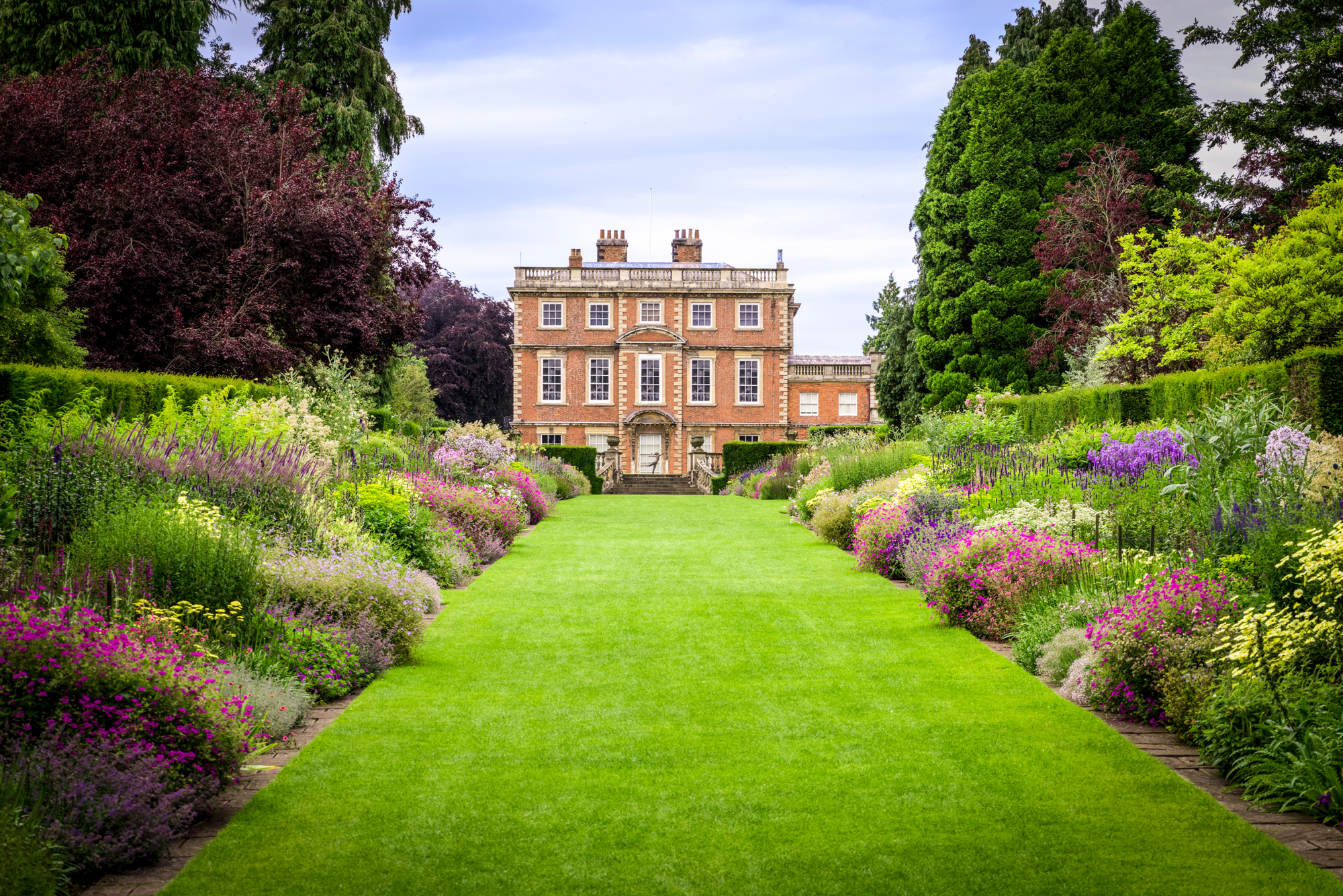On the following morning, the sun darted his beams from over the hills through the low lattice window. I rose at an early hour, and looked out between the branches of eglantine which overhung the casement. To my surprise Scott was already up and forth, seated on a fragment of stone, and chatting with the workmen employed on the new building. I had supposed, after the time he had wasted upon me yesterday, he would be closely occupied this morning, but he appeared like a man of leisure, who had nothing to do but bask in the sunshine and amuse himself.
I soon dressed myself and joined him. He talked about his proposed plans of Abbotsford; happy would it have been for him could he have contented himself with his delightful little vine-covered cottage, and the simple, yet hearty and hospitable style, in which he lived at the time of my visit. The great pile of Abbotsford, with the huge expense it entailed upon him, of servants, retainers, guests, and baronial style, was a drain upon his purse, a tax upon his exertions, and a weight upon his mind, that finally crushed him.
As yet, however, all was in embryo and perspective, and Scott pleased himself with picturing out his future residence, as he would one of the fanciful creations of his own romances. "It was one of his air castles," he said, "which he was reducing to solid stone and mortar." About the place were strewed various morsels from the ruins of Melrose Abbey, which were to be incorporated in his mansion. He had already constructed out of similar materials a kind of Gothic shrine over a spring, and had surmounted it by a small stone cross.
Among the relics from the Abbey which lay scattered before us, was a most quaint and antique little lion, either of red stone, or painted red, which hit my fancy. I forgot whose cognizance it was; but I shall never forget the delightful observations concerning old Melrose to which it accidentally gave rise. The Abbey was evidently a pile that called up all Scott's poetic and romantic feelings; and one to which he was enthusiastically attached by the most fanciful and delightful of his early associations. He spoke of it, I may say, with affection. "There is no telling," said he, "what treasures are hid in that glorious old pile. It is a famous place for antiquarian plunder; there are such rich bits of old time sculpture for the architect, and old time story for the poet. There is as rare picking in it as a Stilton cheese, and in the same taste—the mouldier the better."
Washington Irving, from "Abbotsford and Newstead Abbey"
Thanks to Walker's Arms for kindling this flame.



No comments:
Post a Comment